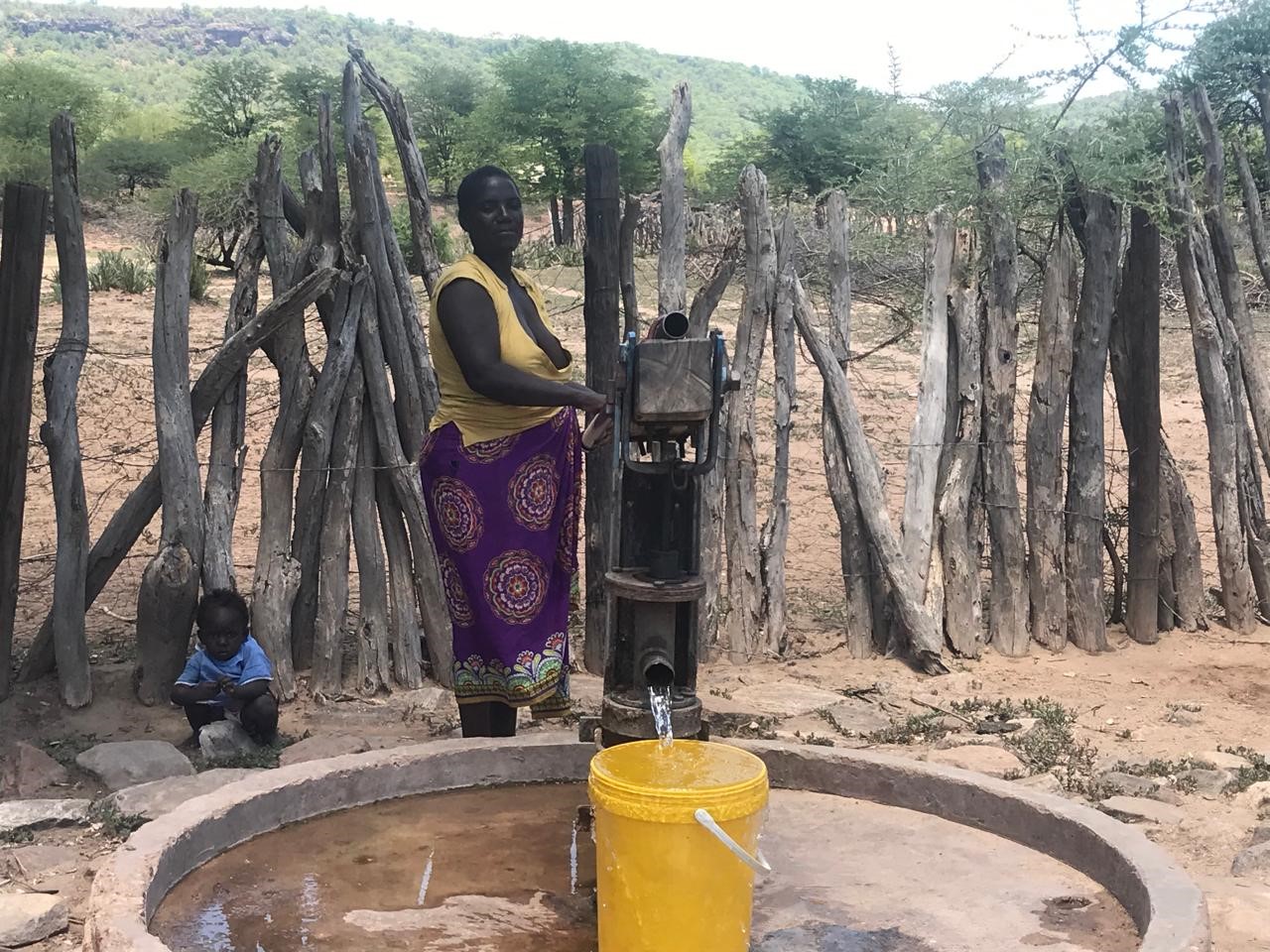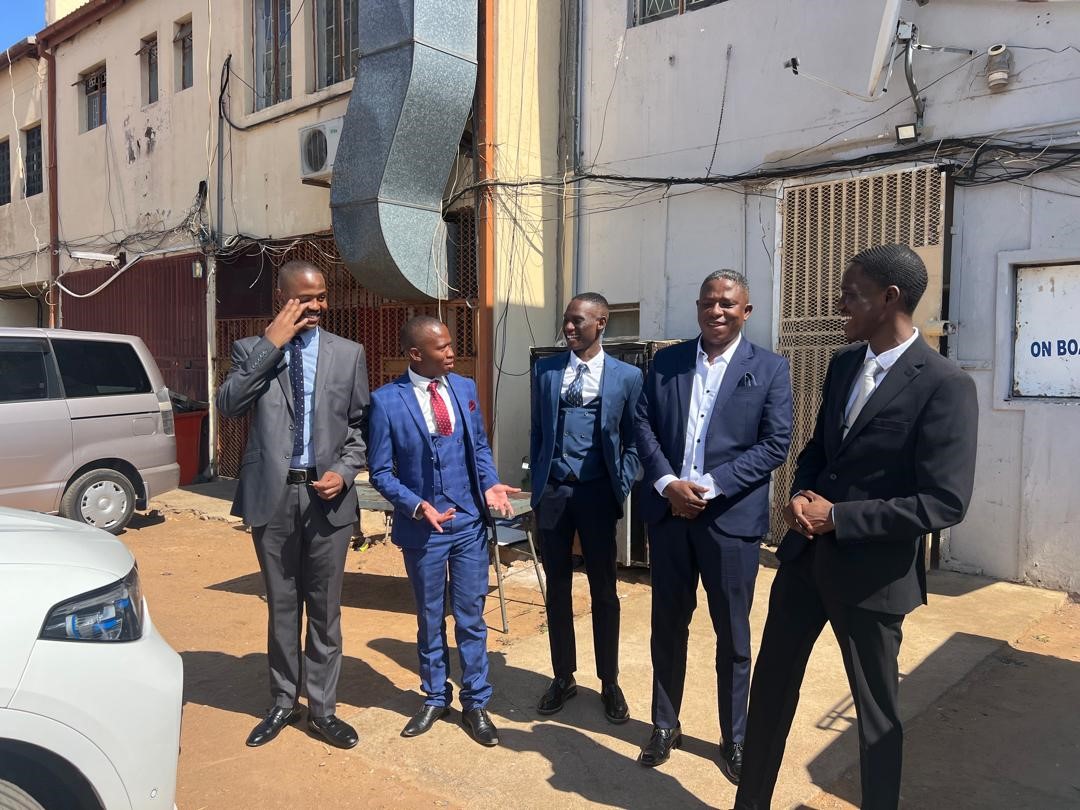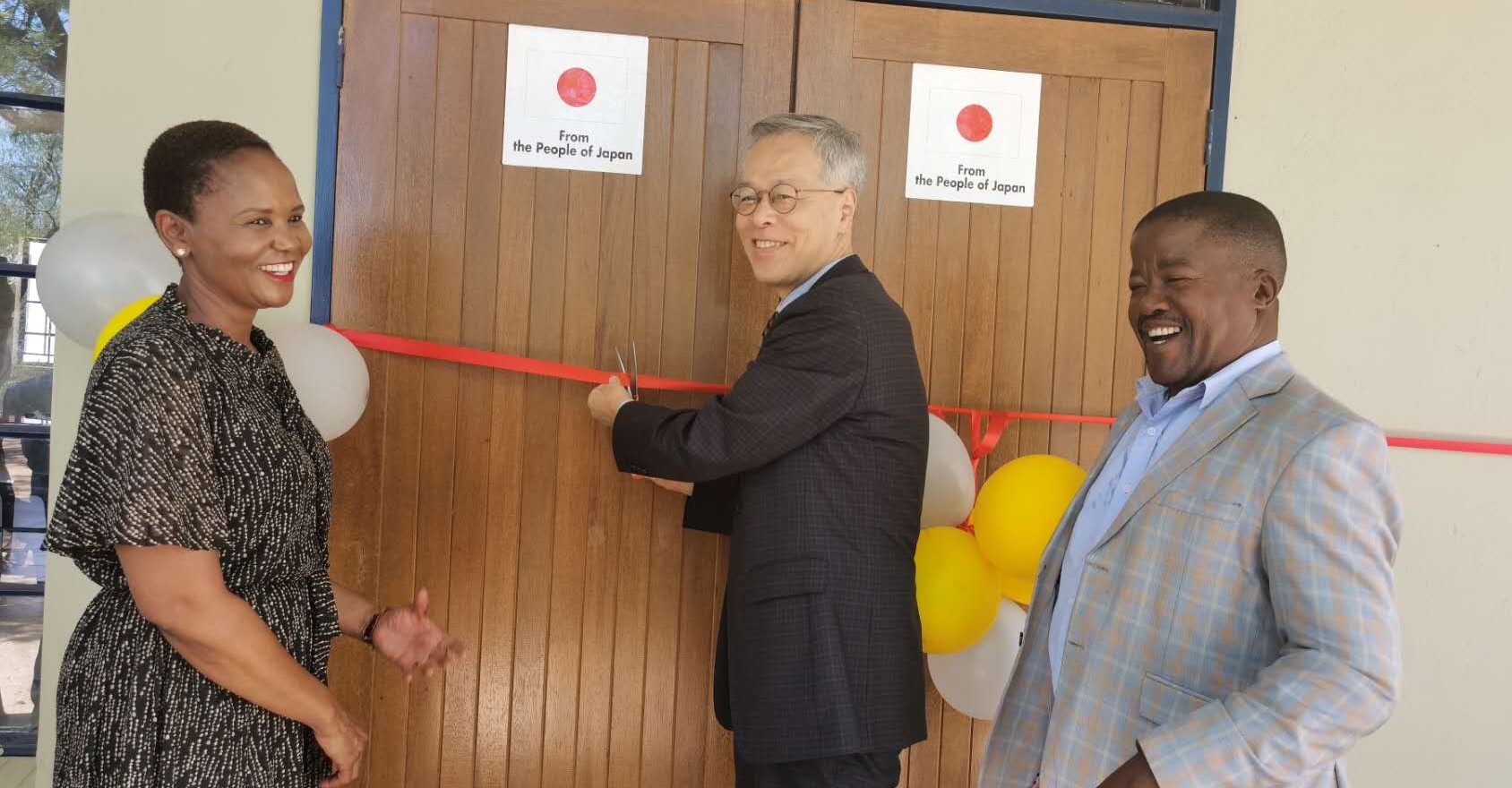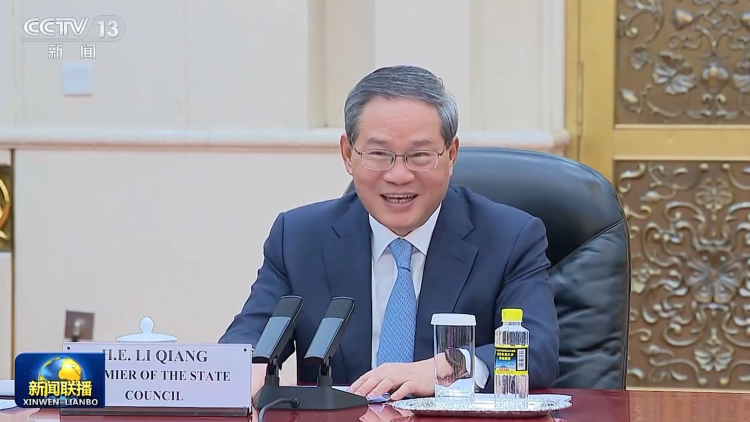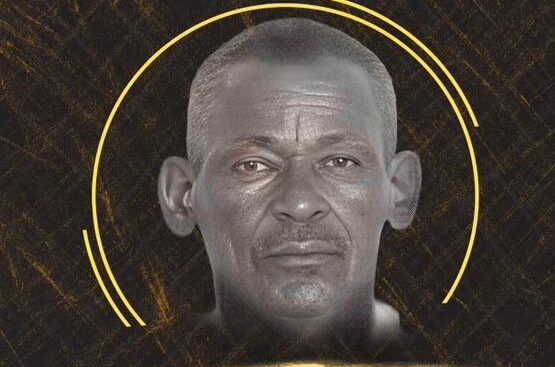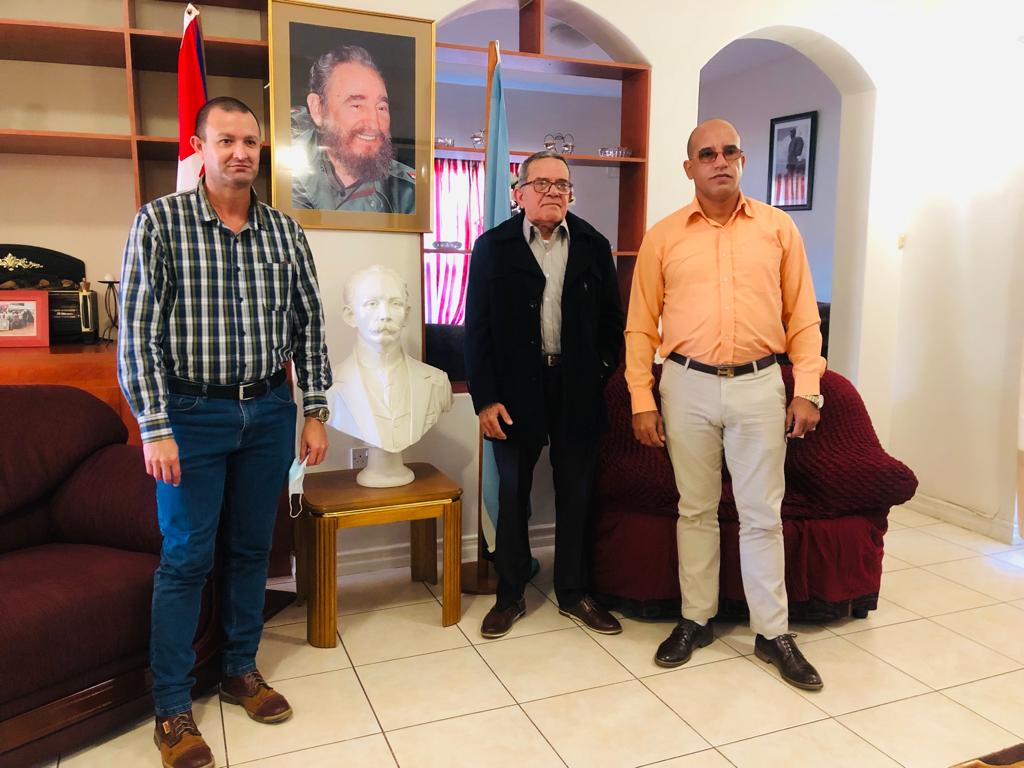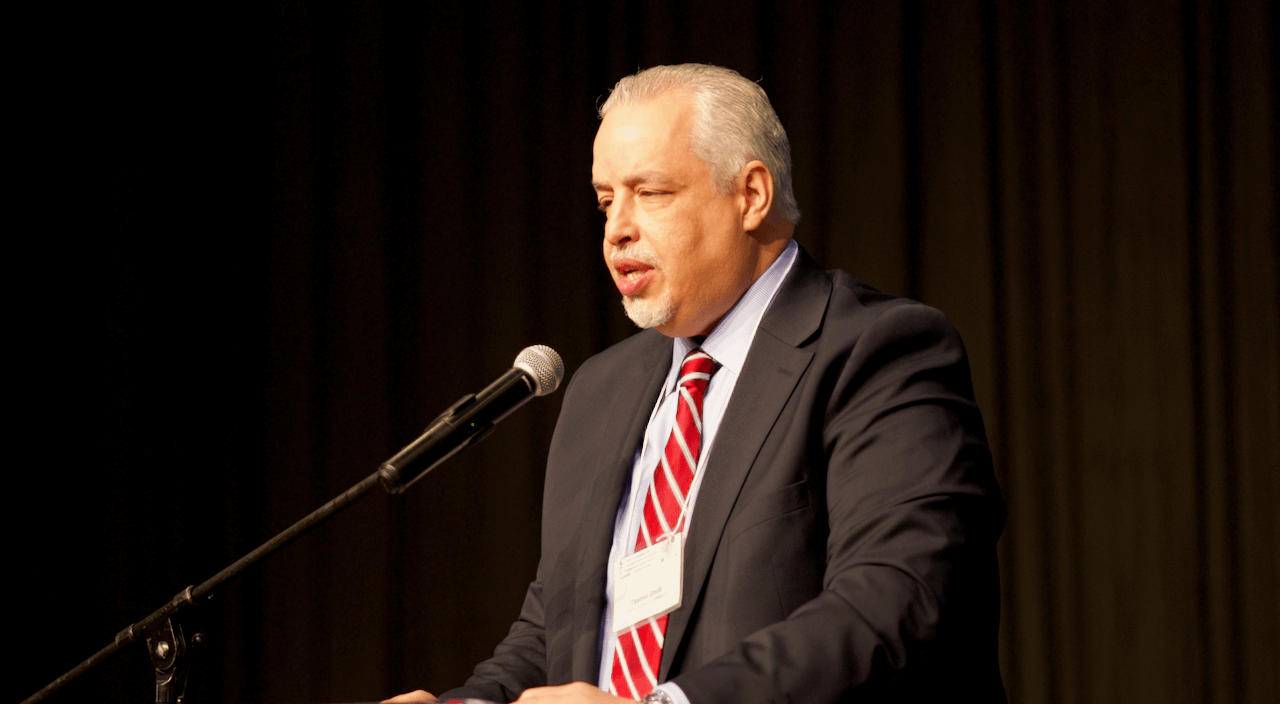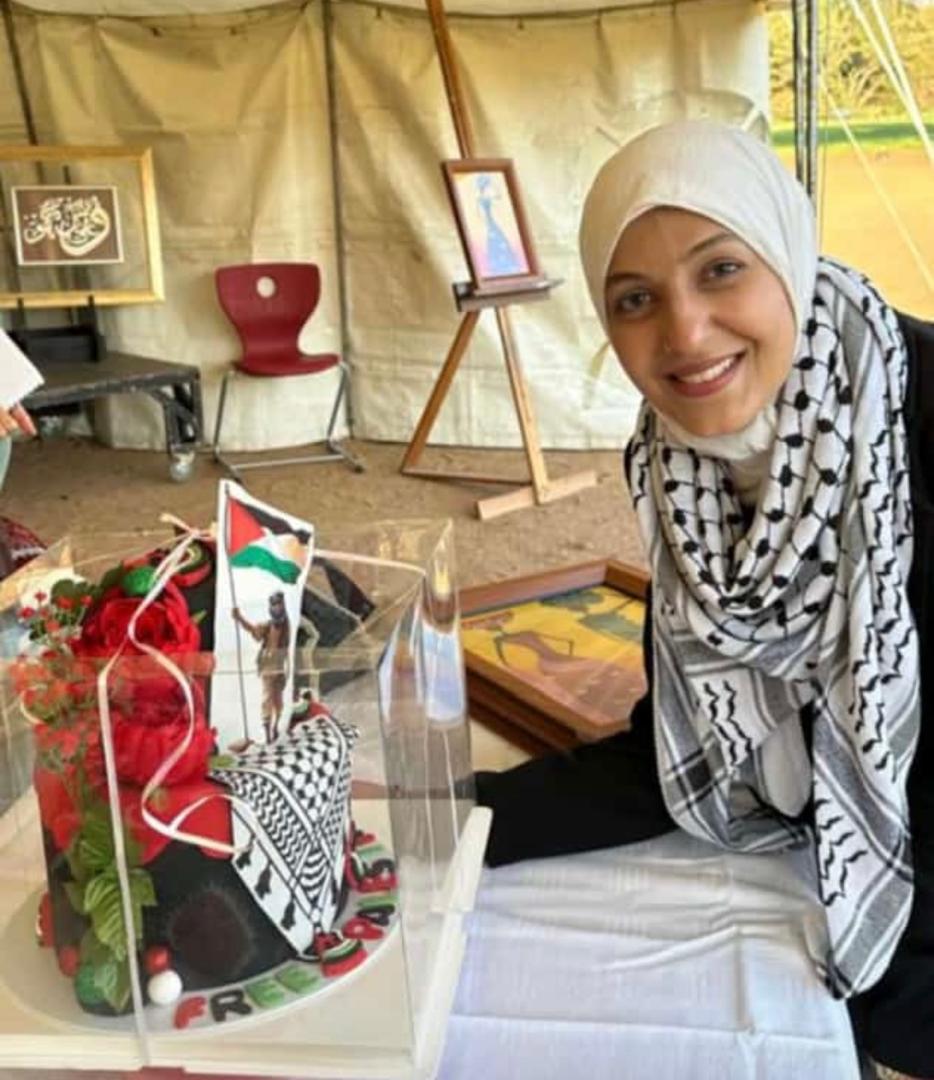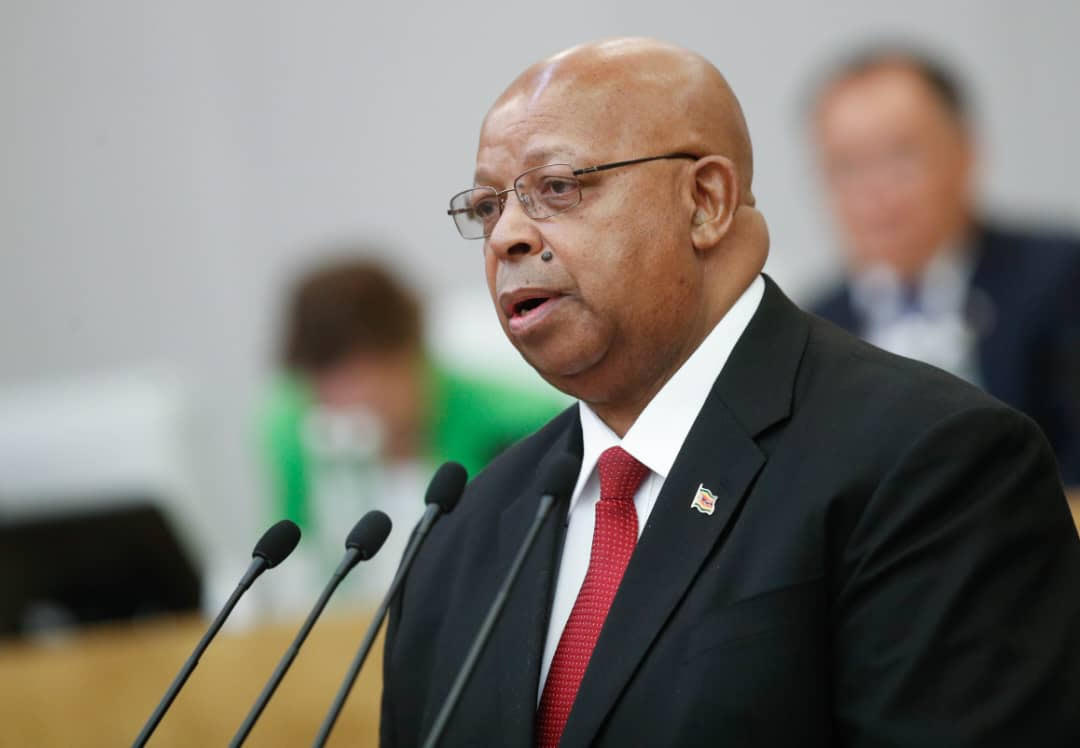
Basma_
Basma Almaza
On October 7 at 1:00 pm Malaysia time, which is five hours ahead of Palestine, I reached for my phone, eager to learn whether my friend Noor had successfully completed her final exam of the year.
I instantly saw that my WhatsApp feed was flooded with messages, each more shocking than the last, about Gazans fighting beyond the confines of Gaza, our occupied homeland.

Messages poured in recounting a miraculous breakout from the prison in which I’d grown up. But very soon, the news became graver and more sinister. People had been killed or taken hostage. Their government vowed brutal revenge.
With shaking hands, I quickly dialled my mother. My heart pounded as I urgently pressed her, “What’s happening? Are you safe?” Her response barely made it through the choppy internet connection, emerging only as fractured sounds.
She struggled to convey that our internet supply had been severed and we were now relying on an external source.
I placed my hand over my heart, feeling it echo with each blow as if it might burst out of my chest. I’d witnessed five previous attacks on Gaza from my birth in 2001 until I travelled to Malaysia in 2021, but this time I understood that something was different.
A world away from Gaza
While the world seems to have lost track, for 16 long years 2 million Palestinians in Gaza have struggled under a brutal military siege. We have been cut off from the rest of the world and imprisoned within its borders.
Severe shortages of life-saving medicine, food, electricity, and clean water are routine and have made life in Gaza unbearable.
As a result, young people like me began making life-changing decisions. I resolved to pursue my bachelor’s degree in Malaysia, a world away from my family and homeland.
In childhood we had learned about our history from my grandfather, Salim. I recall how my brothers and I used to sit in a circle by candlelight at night, listening to his stories.
Our tragedy – the Nakba – began in May 1945, he told us, while he was harvesting his olive trees. Zionist terror gangs had begun forcing our families out of their homes, killing men, women, and children, and prompting others to flee.
Those who stayed witnessed the foundations being laid for the discriminatory policies we see today. My grandfather urged us never to stop sharing these stories of Palestine.
Over the past two years, during lunch breaks at my university in Malaysia, where students from all over the world study, my classmates and I have often engaged in discussions about everything from culture and religion to politics.
These are precious opportunities to share my grandfather’s stories and my own perspective on the Palestinian situation.
In all these discussions, I passionately defend our right to defend ourselves from aggression and to challenge the occupation of our land.
In particular, the term “apartheid”—a crime against humanity—often features in these conversations, as it describes the framework that governs my people’s daily lives. If my grandfather were still alive, I think he would be proud to hear me express these ideas.
On Monday morning, October 9, we received devastating news. A fellow Gazan student in Malaysia who had returned home to visit his family had been killed.
In the midst of my shock and grief, my mind was instantly flooded with memories of the towering buildings where I’d attended training and leadership courses, now surely reduced to rubble: Palestine, Al Badrasawi, Watan, Al Dhafer, and Haggai.
My family’s ordeal back home
The following day at 3:00 a.m. in Gaza, my family received a grim command: “Evacuate immediately!” Knowing what was to come, they left with nothing but their souls as no means of transportation was available.
My mother, battling osteoporosis, embarked on the journey on foot, every step an agonizing ordeal. Yet their determination carried them to a makeshift shelter by morning.
I tried to contact them, choking on my words, “I should be there with you, enduring this together.” My mother’s voice quivered, stifled by the white phosphorus that had engulfed the Gaza Strip.
“You’re safe, my daughter. Promise me you won’t stop telling the world about Palestine.” The connection was lost once more, and that was the last time I heard her voice.
Later that day, the news revealed that my home had turned to ashes. My eyes didn’t blink for a minute, staring at the phone screen.
I saw in it all my memories, every past birthday, the late-night chats on my bedroom’s balcony, my conversations with my mother, the hot cup of tea, my laughter with my three siblings, and my tears during each war on my night-time pillow.
In that one minute, I saw the 19 years I lived there. I saw everyone I loved—my mother and my closest friend, who was like a sister.
My brothers, each of them racing to love me, and my father, who had witnessed the Palestinian uprising with his own eyes.
In less than a minute, my entire neighbourhood was destroyed, taking with it all the joys and sorrows of my past.
As the hours marched on, entire families were obliterated by horrific air strikes. They erased the Sabat family in Beit Hanon, the Abu Daqqa family in Khan Yunis, the Al-Daws family in Al-Zaytoun, the Sha’ban family in Al-Nase, the Abu Rukab family in Al-Zawayda.
Those who remained lived in ceaseless terror, their gatherings stifled by the looming menace of missiles.
On October 21, after witnessing 14 days of relentless massacres and no news of my family, I suddenly received a long WhatsApp message from my mother.
With communication so unreliable, I have no idea when this message was written. Here is what she said:
I am a Palestinian mother who has lived through many wars in beloved Palestine. Every time, I experience a thousand deaths, the smell of blood, and the cries of families searching for their loved ones under the rubble. This war is different; it’s the ugliest, most brutal, and deadliest. They’ve targeted hospitals…and only Al-Shifa remains.
We don’t know if it will be the next target. They’ve bombed mosques, towers, and buildings, used phosphorus and deadly gases, and forced the evacuation of villages and cities to the south.
We don’t know what will happen after the southward migration. UNRWA is setting up tents on the outskirts of Khan Yunis in the south for those fleeing the random bombings.
Gaza has become a city of ghosts, with the stench of death everywhere, piles of rubble, dust, blood, and endless wailing. We escape into the unknown, facing shelling and destruction along the way, hungry and thirsty as they’ve prevented medicine, cooking gas, bread, electricity, and all the necessities of life.
We can only say, “There is no power nor strength except through Allah,” thanking Him for keeping us alive. We have nothing left; our homes are destroyed, reduced to rubble.
We’re left with no shelter, sleeping on the streets or in overcrowded schools meant for 1,000 but housing over 7,000. Where can we escape from this life of destruction, suffering, and death? We don’t know what awaits us next.
After reading it, I found myself in a moment of quiet reflection, tears streaming down my cheeks. I whispered softly, “Mama, please stay with us.” An urgent desire to embrace her overwhelmed me. I am here and safe today because of her.
To hear my mother’s voice
As an expatriate Gazan living in Malaysia, when I set my phone aside, the news comes to an abrupt halt. There is tremendous support for Gaza here, with electronic billboards on the streets offering prayers for Palestine and demonstrations demanding an end to the war and delivery of humanitarian aid.
Still, even when I surrender to sleep at night, the gnawing sensation of betraying my people persists. I’ve slept just a few hours since the aggression began, and the face that looks back in the mirror is marked by dark circles under the eyes and a pale, yellowish complexion.
All I want now is to hear my mother’s voice. But I am here in Malaysia doing the only thing I can: inscribing these thoughts and memories so they are never forgotten and relaying whatever messages I receive from the Gaza inferno. Physically, I reside in Malaysia, but in my heart and soul, I am forever rooted in Gaza.
Basma Almaza holds a diploma from UNRWA and is currently pursuing a degree in business administration in Malaysia. Her story is featured as part of We Are We Are Not Numbers (WANN) – a youth-led Palestinian project in the Gaza Strip that tells the stories behind the numbers of Palestinians in the news.

